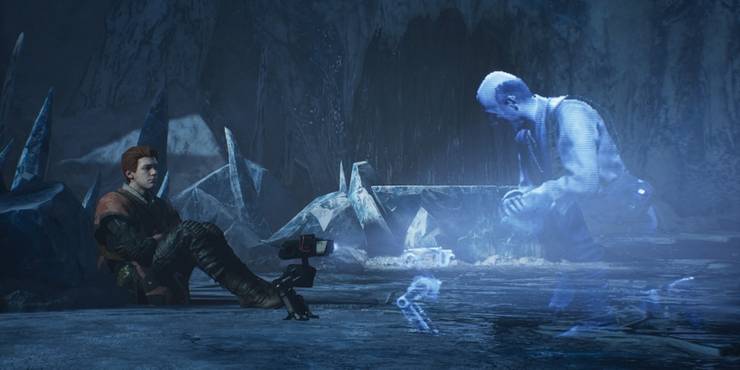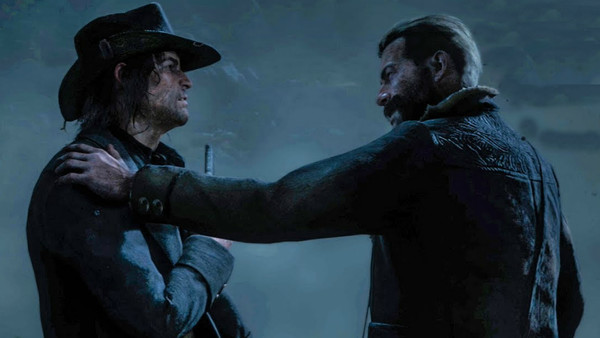Victor Omega
Member
Where do you stand in a game's narrative which seeks to.... convey (this word seems appropriate at the time) a message or belief?
Should games just be a "run and gun" action hero/heroine experience or .....
can it be thought-provoking to its audience to give them a different perspective, bringing up social issues, or...
are we prepared for video games that push for political or religious narratives (which is very unlikely)?
Is it fair to say that we would feel "threaten" if a game series began one way (i.e saving the world as an alpha male) only to lead us to a different?
(Forgive me if the thought is a bit scattered)
Should games just be a "run and gun" action hero/heroine experience or .....
can it be thought-provoking to its audience to give them a different perspective, bringing up social issues, or...
are we prepared for video games that push for political or religious narratives (which is very unlikely)?
Is it fair to say that we would feel "threaten" if a game series began one way (i.e saving the world as an alpha male) only to lead us to a different?
(Forgive me if the thought is a bit scattered)


